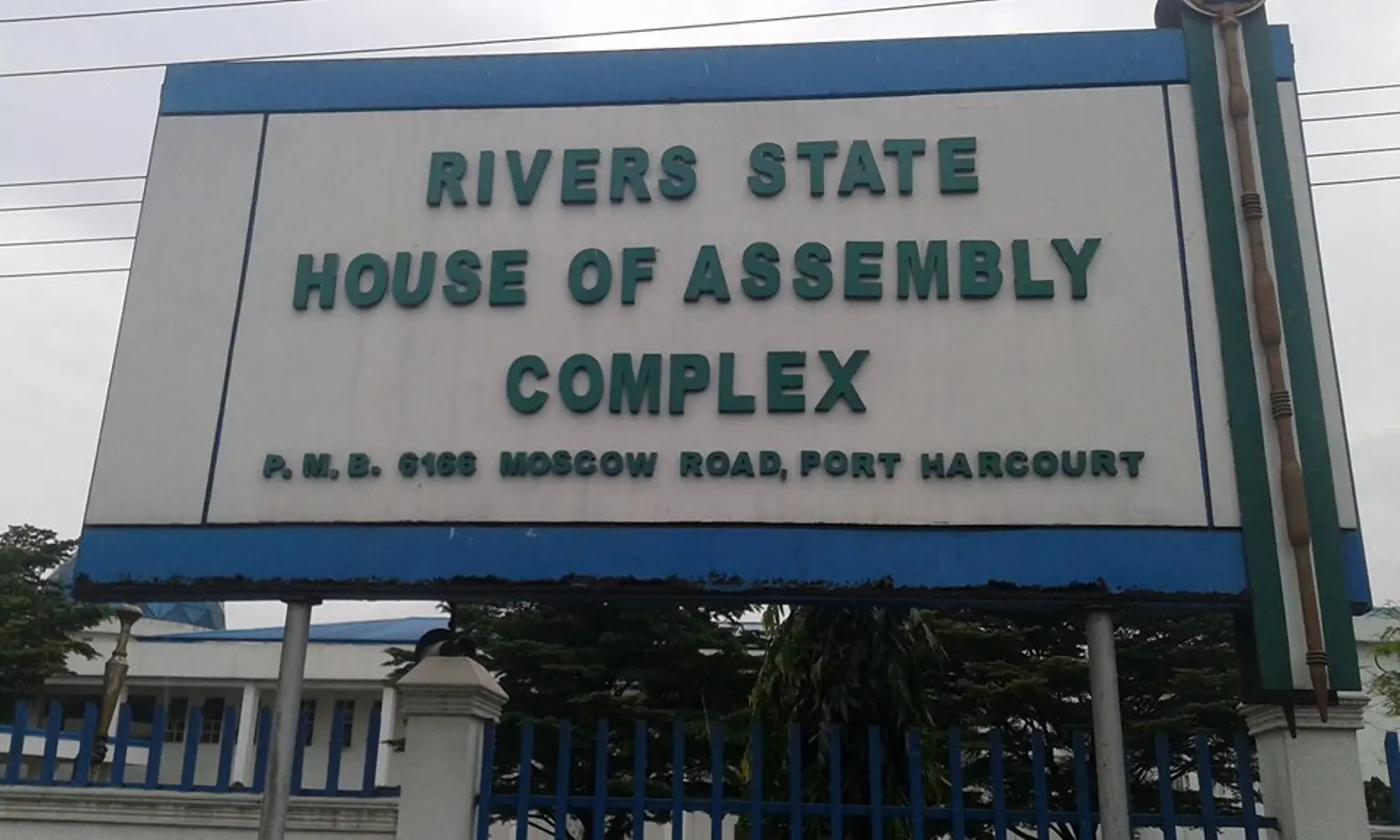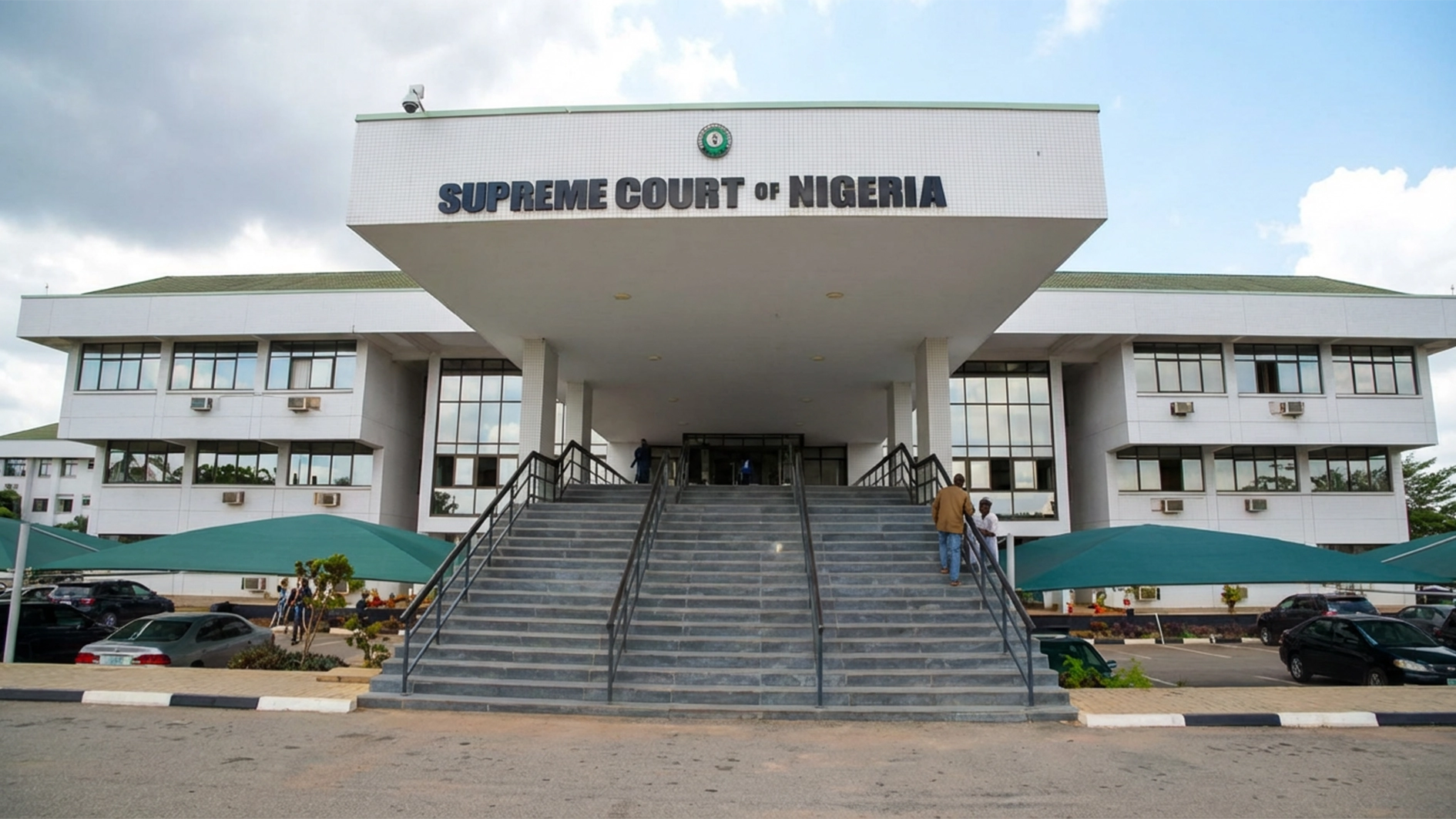• Legal luminaries question legitimacy of Constitution without popular ratification
• PANDEF, INC, Afenifere, Yoruba Ronu decry rehash of 1999 Constitution, mistakes
• CSOs fault N’Assembly as ‘appendage of presidency’, demand people-driven reforms
• Analysts: Why political elites fear referendum
A growing chorus of voices, from legal icons, civil society groups and regional bodies, has revived the push for a referendum in Nigeria’s Constitution, exposing deep unease over a system many describe as elite-controlled and undemocratic, and rekindling demands for a charter genuinely endorsed by the people.
Recently, Senior Advocate of Nigeria, Wole Olanipekun, described the absence of a referendum clause as a grave omission. No sooner had the legal luminary voiced his reservations about that gap in the Constitution and the need for a new one than Nigerians began recalling how politicians and lawmakers have consistently resisted such a civil liberty and right.
They noted that just as the country has never held a national referendum to amend the Constitution, the 1999 Constitution does not provide for one. Instead, successive constitutional amendments are processed through a legislative route requiring a two-thirds majority in both the Senate and the House of Representatives, as well as in at least two-thirds of the 36 state Houses of Assembly.
Groups such as Afenifere, Yoruba Ronu, PANDEF, and several senior advocates expressed the need for a referendum to be included in the Constitution. Civil society organisations, including HURIWA, lamented that the federal legislature had become so beholden to the executive that it had failed to exercise its legislative independence to introduce such a radical proposition.
Throughout the military interregnums, various constitutional review efforts, particularly the 1979 and 1999 exercises, treated the issue of a referendum as a no-go area, even as successive military heads of state declared Nigeria’s unity “non-negotiable.”
Senior Advocate of Nigeria, Mike Ozekhome, noted that the most profound strength of the 1979 Constitution was that, unlike previous ones, it was contained in a single document applicable to the entire Nigerian territory.
He recalled that after the 1960 Independence Constitution came into effect, political wrangling and agitations persisted, with calls for further subdivision of the regions into smaller units.
“By October 1, 1963, a new Constitution came into being (The Constitution of the Federation of Nigeria, 1963, No. 20 of 1963), through which Nigeria became a Republic, with a President as the Head of State and the repository of the federal executive power, rather than the Queen of England.
“The executive authority of a region became vested in a Regional Governor. Thus, every Nigerian citizen owed allegiance not to the British Crown, but to the Federal Republic of Nigeria.”
Elder statesman Dr Chike Obidigbo told The Guardian that the absence of a referendum in the Constitution, an issue championed by the leader of the Indigenous Peoples of Biafra (IPOB), Mazi Nnamdi Kanu, offends Britain, which he claimed still regards Nigeria as its resource outpost.
Obidigbo expressed dismay that Nigeria continues to shy away from including a referendum, arguing that the provision represents the highest form of democratic expression by citizens and should be incorporated into the Constitution.
The National Coordinator of the Human Rights Writers Association of Nigeria (HURIWA), Emmanuel Onwubiko, also criticised the ongoing constitutional review exercise, describing the National Assembly as “an appendage of the presidency” that is incapable of championing reforms reflecting the people’s will.
He lamented the continued exclusion of a referendum clause from the constitutional review process, insisting that the National Assembly lacks the independence and moral authority to deliver a people-oriented Constitution.
“For some who believe we have a legislature at both national and sub-national levels, I think we are just daydreaming. What we have are appendages of the presidency. They don’t have the character to exercise the authority conferred on them by Section 4 of the Constitution,” he stated.
While criticising the periodic review of the 1999 Constitution, the rights activist urged lawmakers to include a provision that would halt further amendments for at least 20 to 30 years, describing the recurring process as a waste of public funds.
A Political Scientist, Prof Gbade Ojo, argued that the National Assembly’s reluctance reflects deeper political calculations, adding, “Whatever the constitution does not provide for cannot be done. But restructuring is possible through a new constitution via an elected constituent assembly.”
He recalled that delegates to the 2014 National Conference were merely nominated, stressing that the lack of credible census figures is no excuse, as, according to him, elections have been conducted without accurate population data.
Similarly, Prof. Rasheed Olaniyi, Dean of the Faculty of Arts and History at the University of Ibadan, remarked that the prohibition of a referendum “shows that the toga of the military still hangs over the constitution.
“A constitutional amendment is feasible and necessary. The constitution should not be static. Any step that promotes good governance must be taken. Nigeria deserves a framework free of outdated military influence.”
For Chief Yomi Aliyu (SAN), the problem lies in the structure. “Not every pastor wears the same uniform; forcing one to wear another is absurd. Since 1999, we have had a working constitution, and equity deals with substance, not form.
“The National Assembly, as the symbol of our democracy, was elected to represent the people. The preamble to the petitions has already been reflected. Instead of focusing on form, we should use the existing framework to build the nation,” he asserted.
However, another Senior Advocate of Nigeria, Olisa Agbakoba, questioned the National Assembly’s ability to produce a workable constitution, warning that a referendum alone cannot resolve Nigeria’s constitutional challenges.






